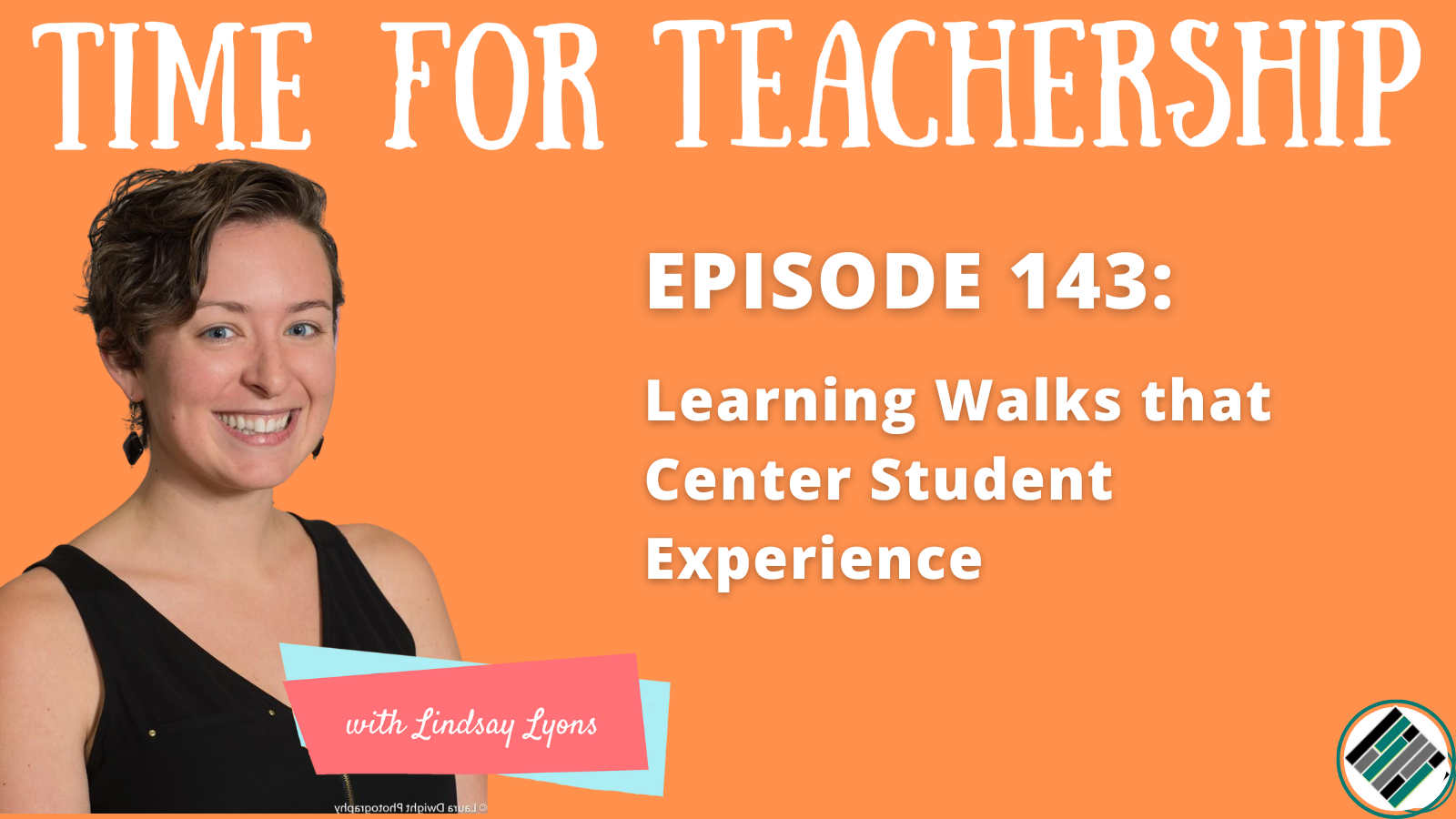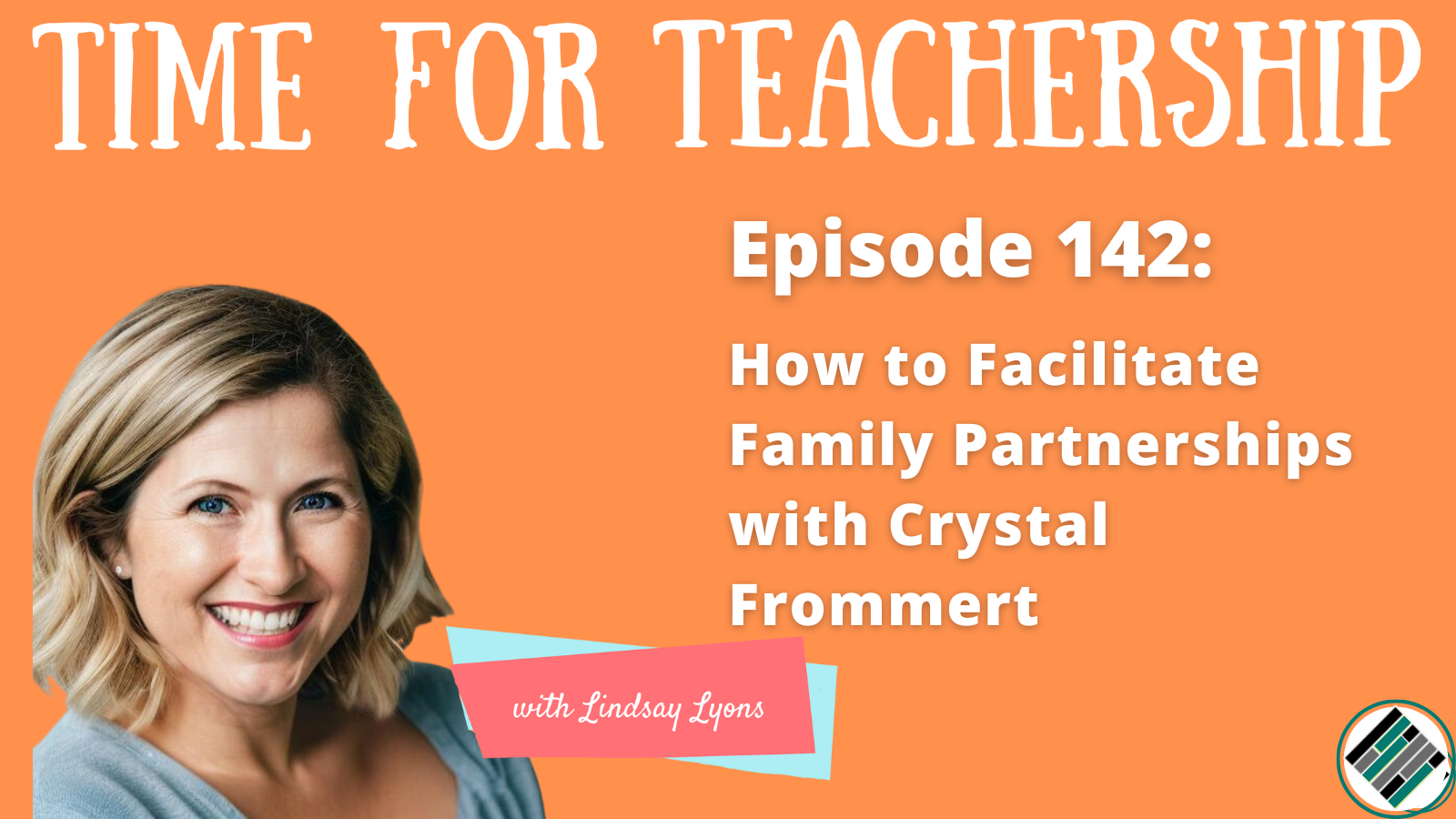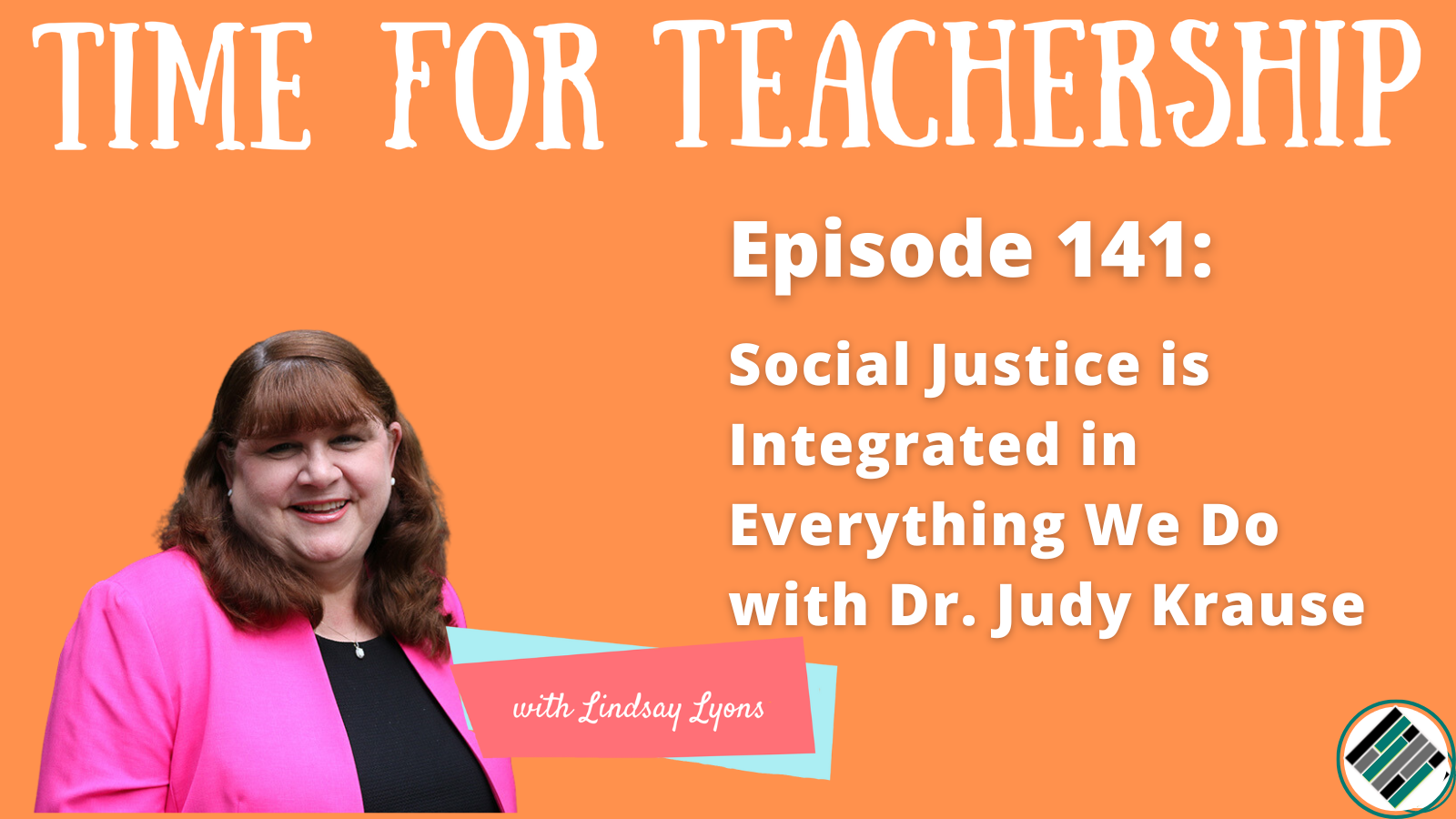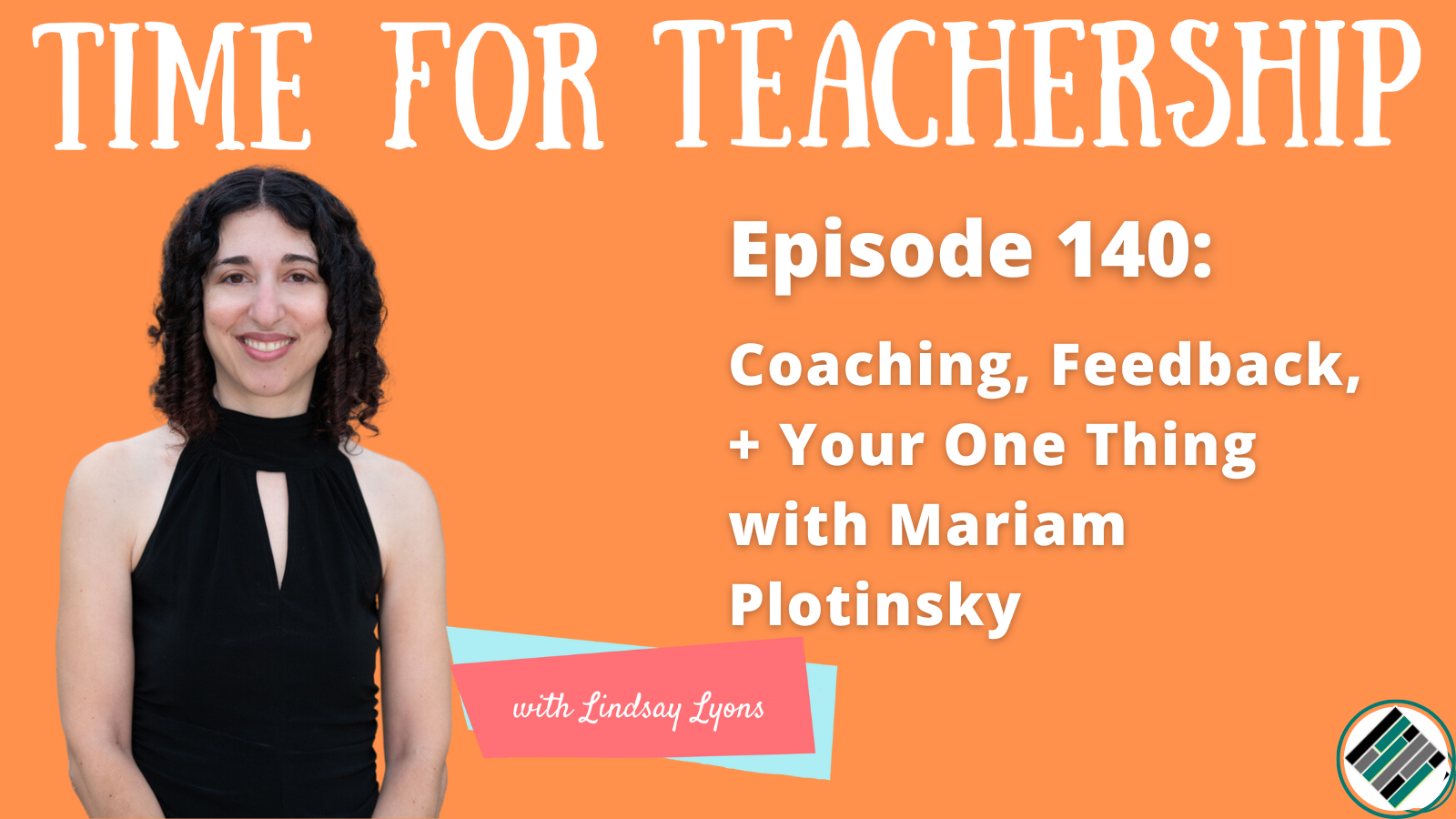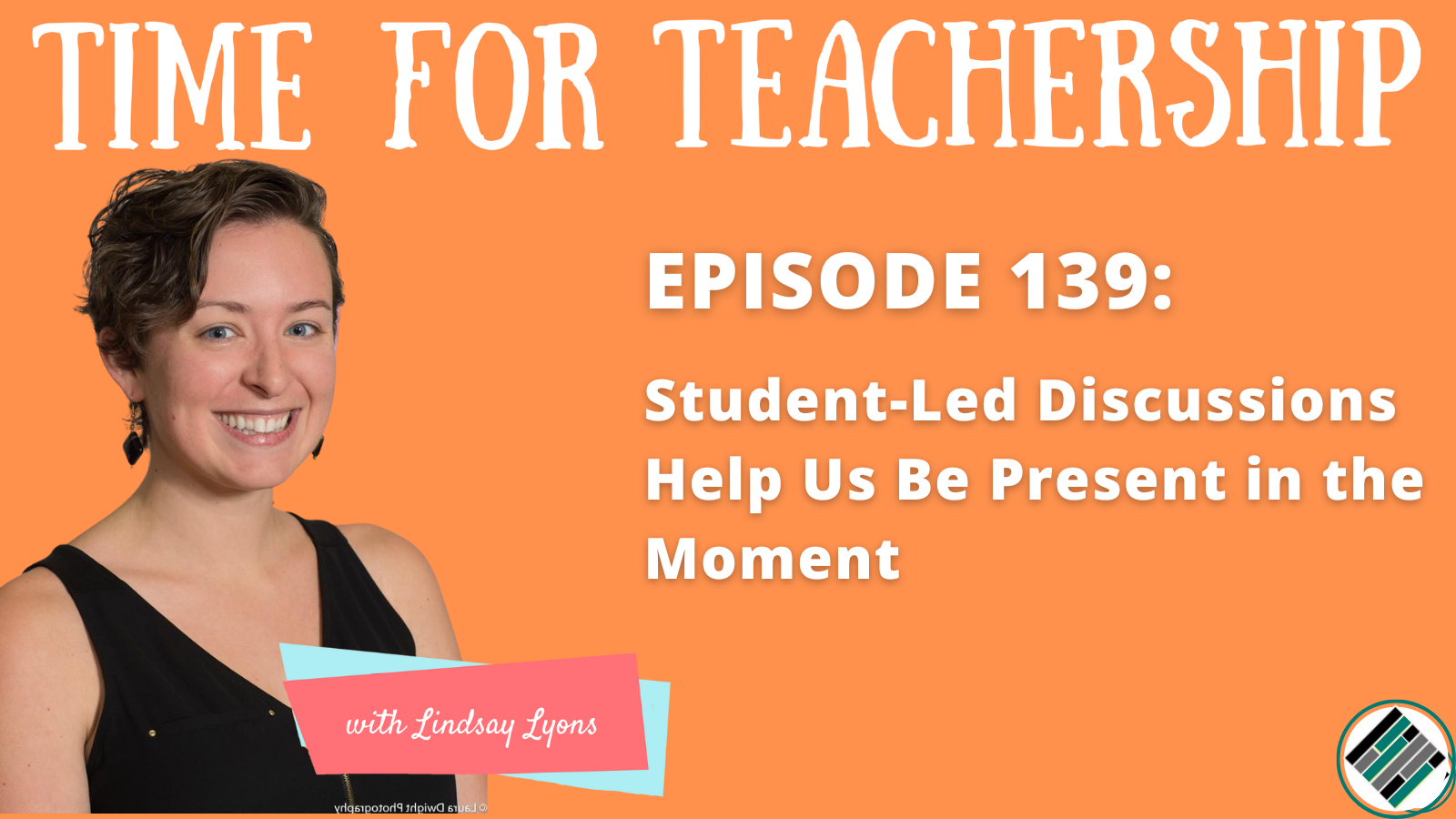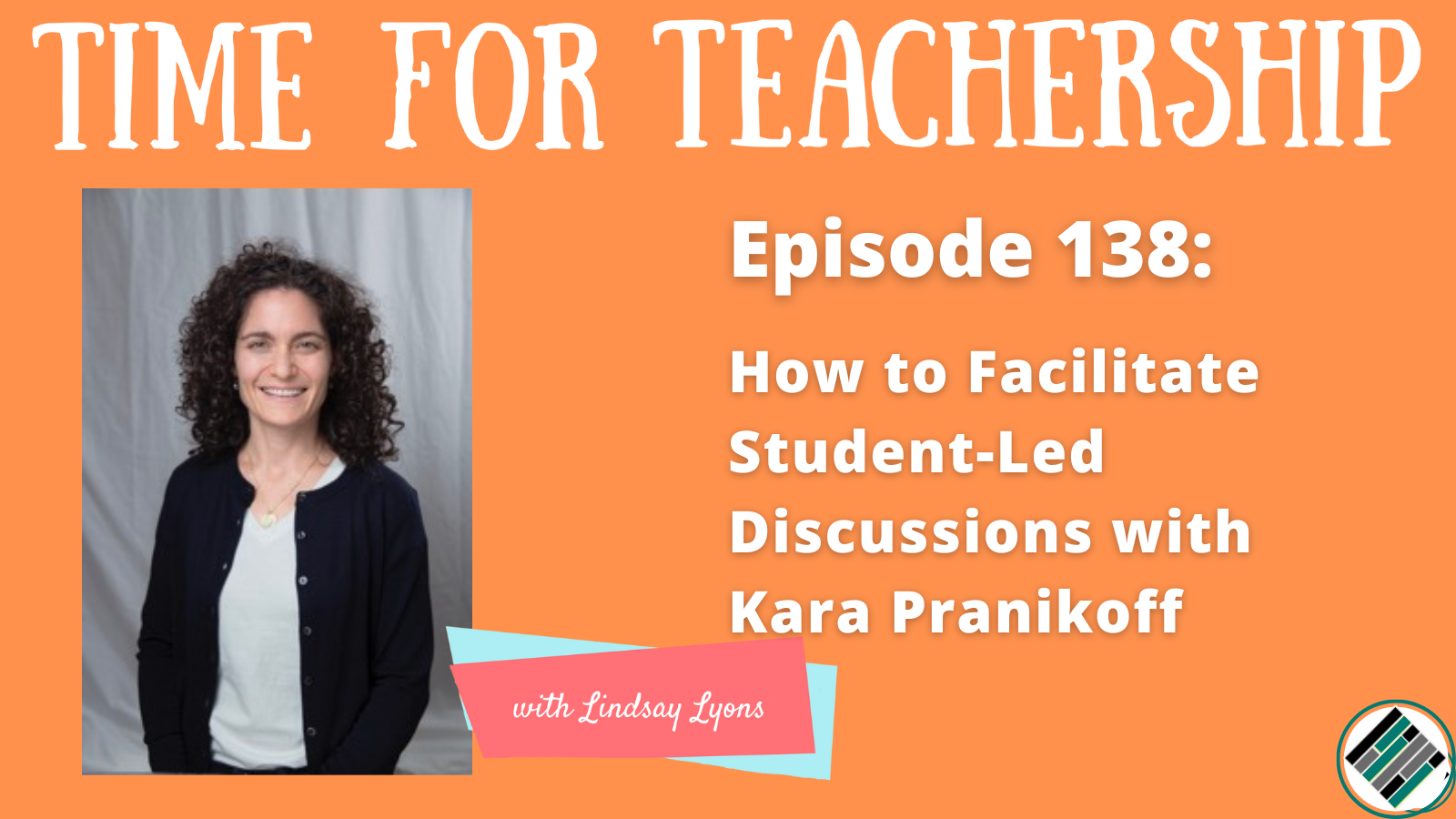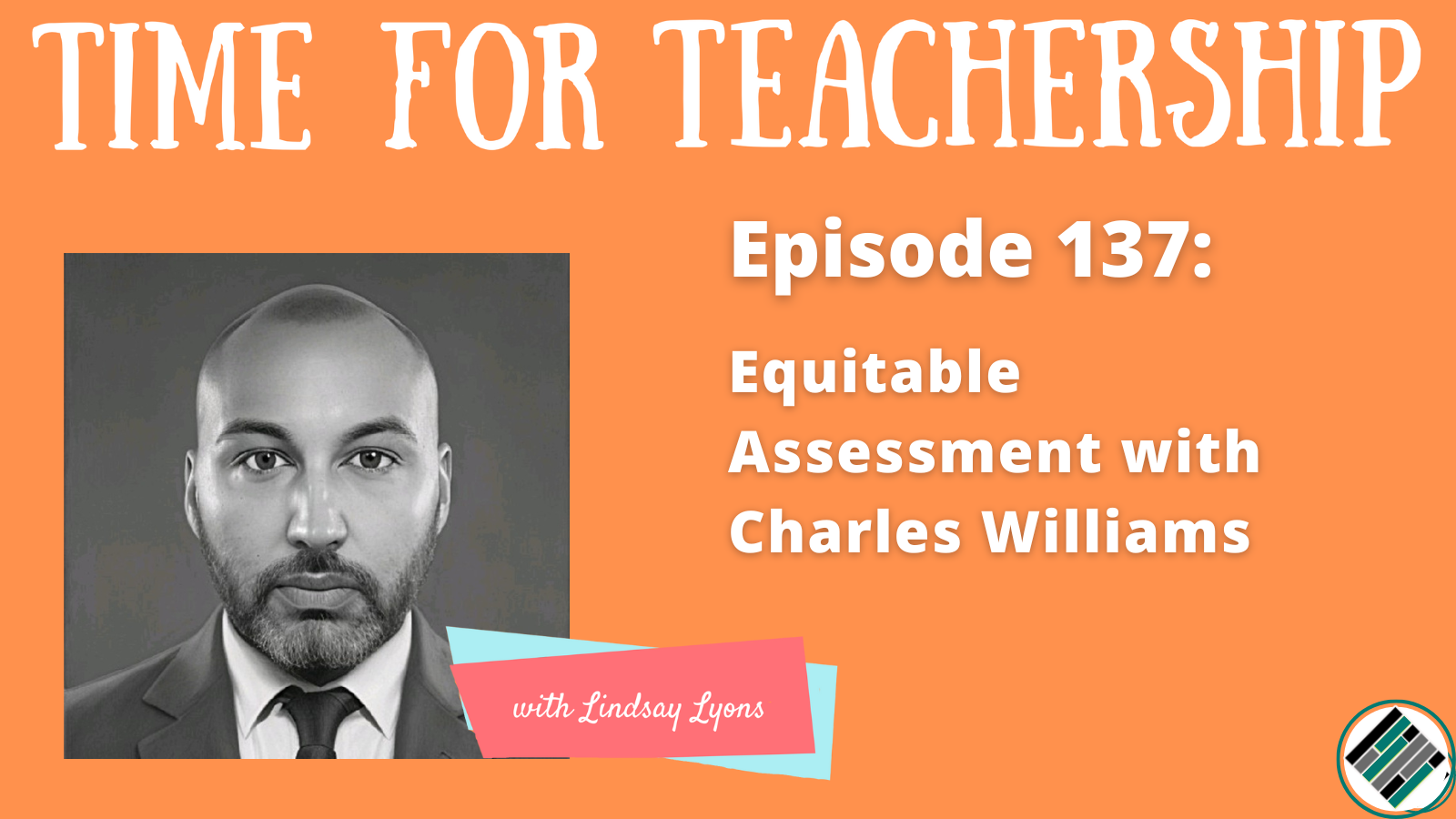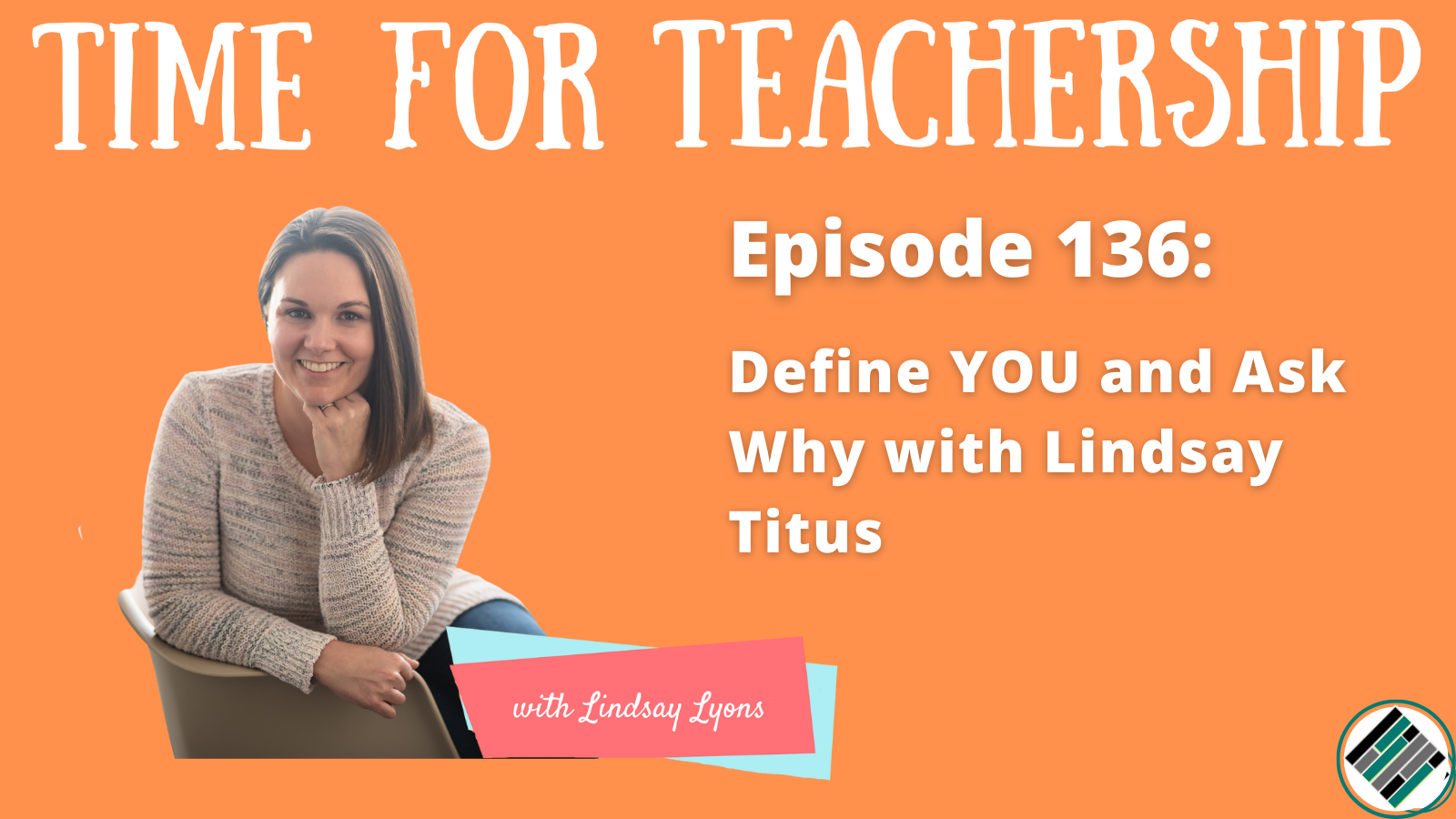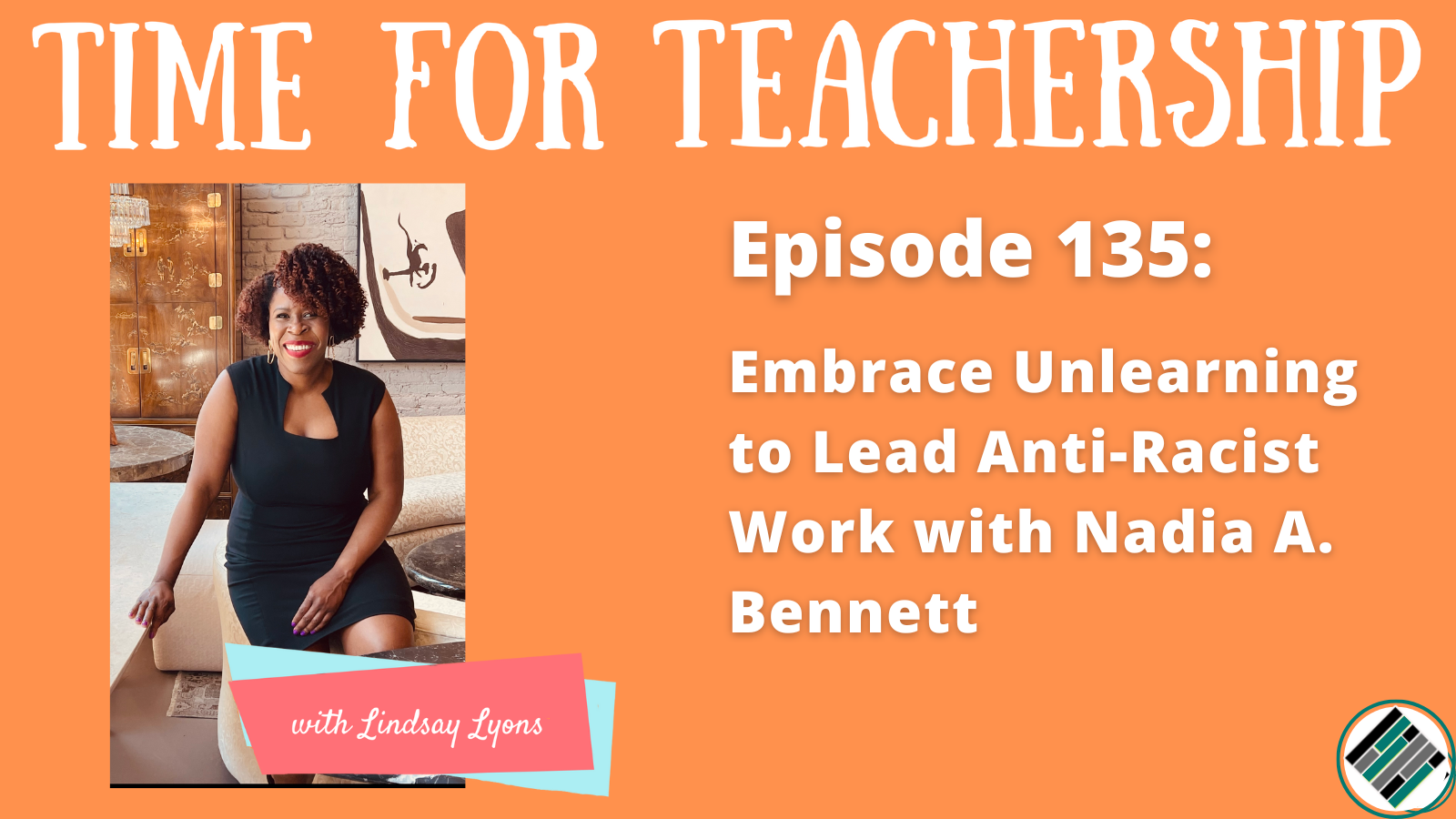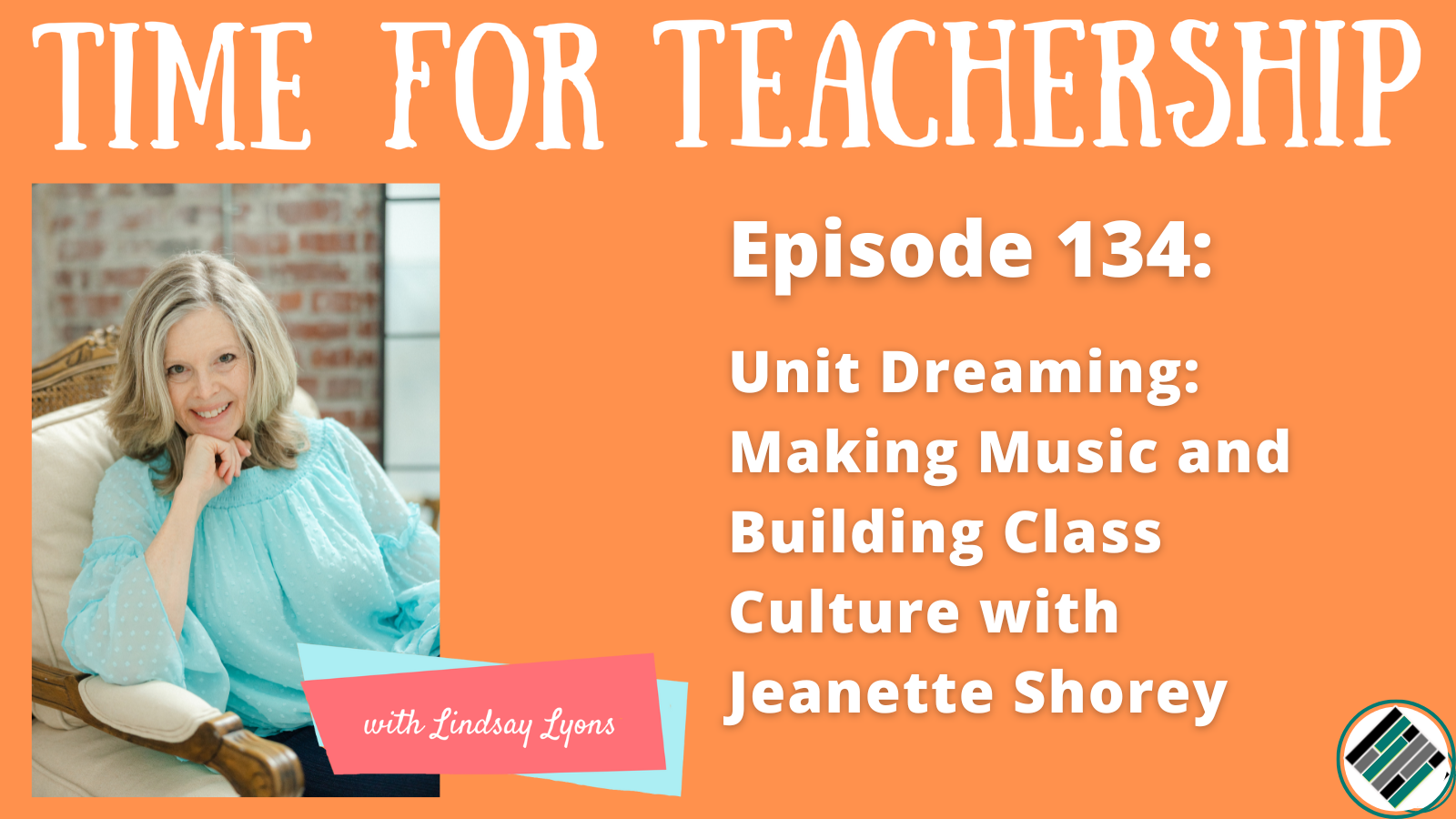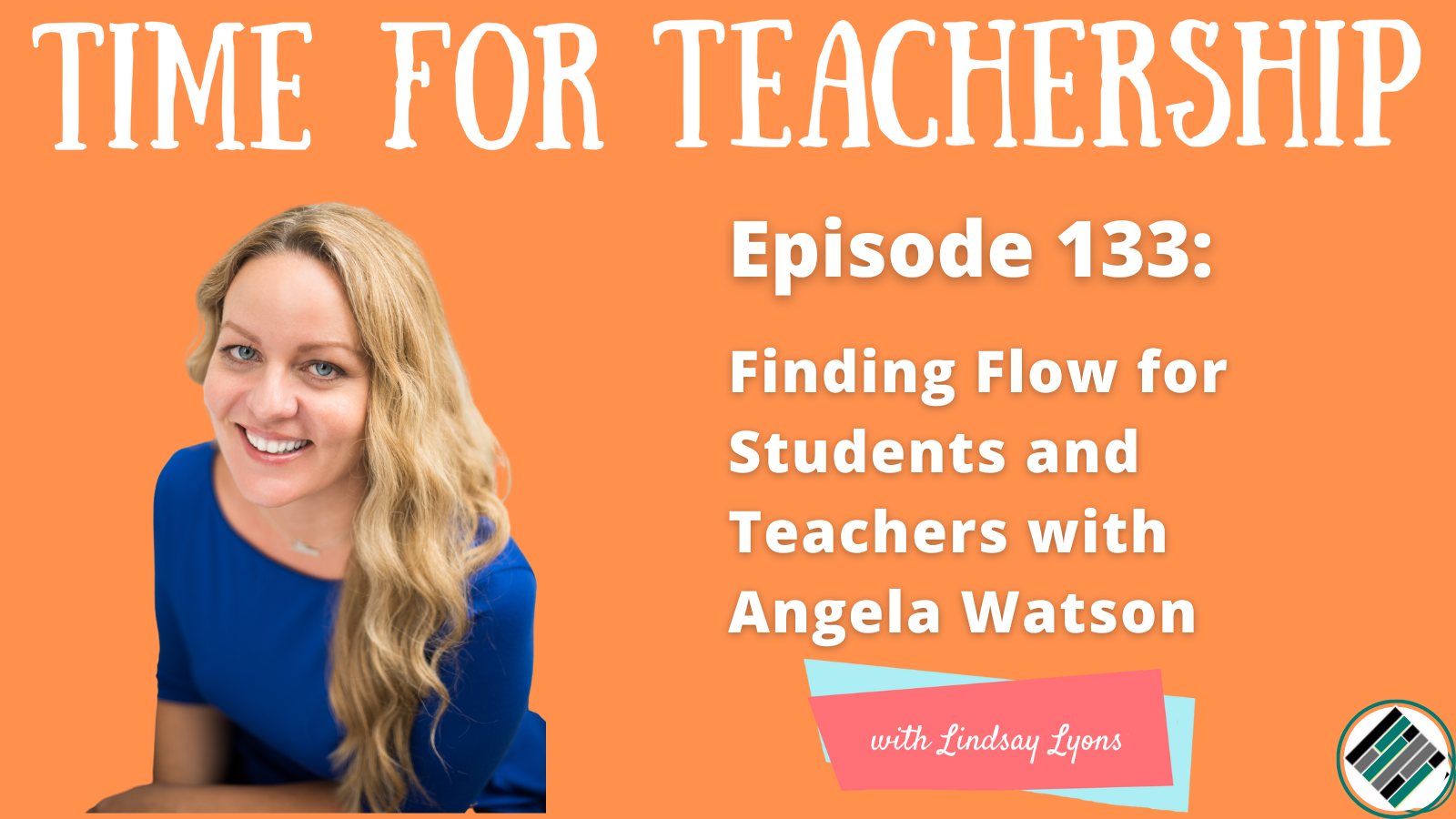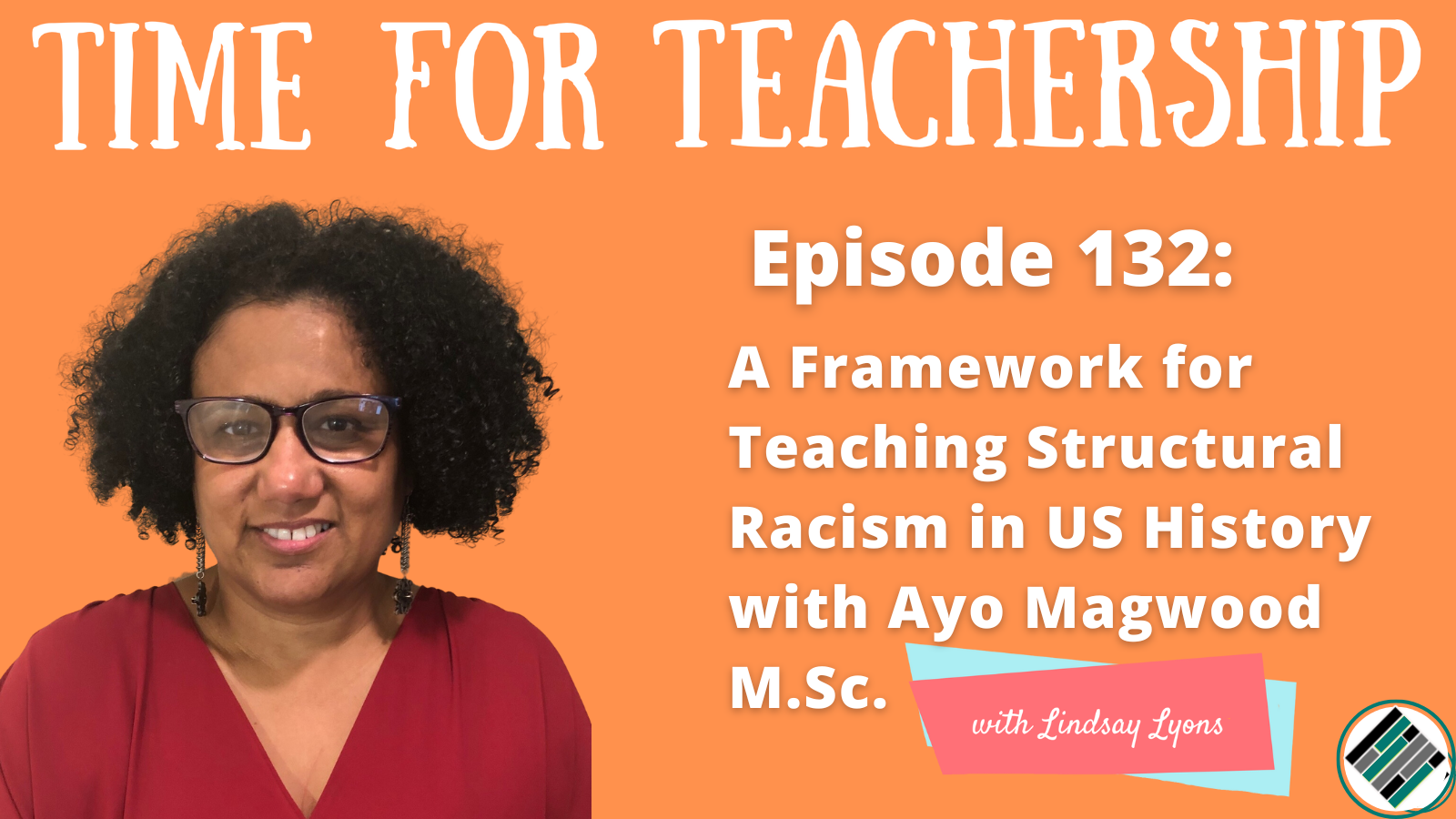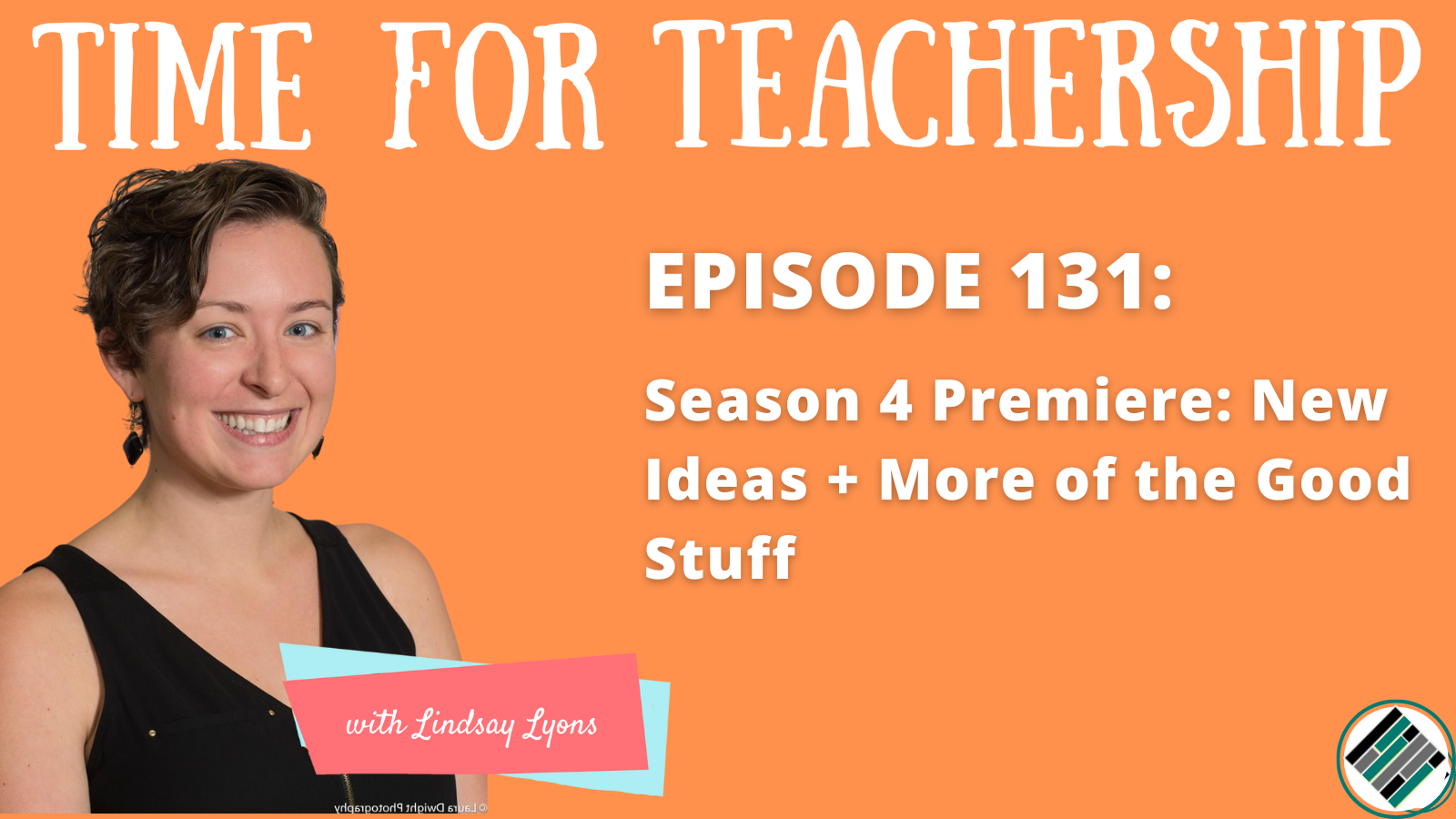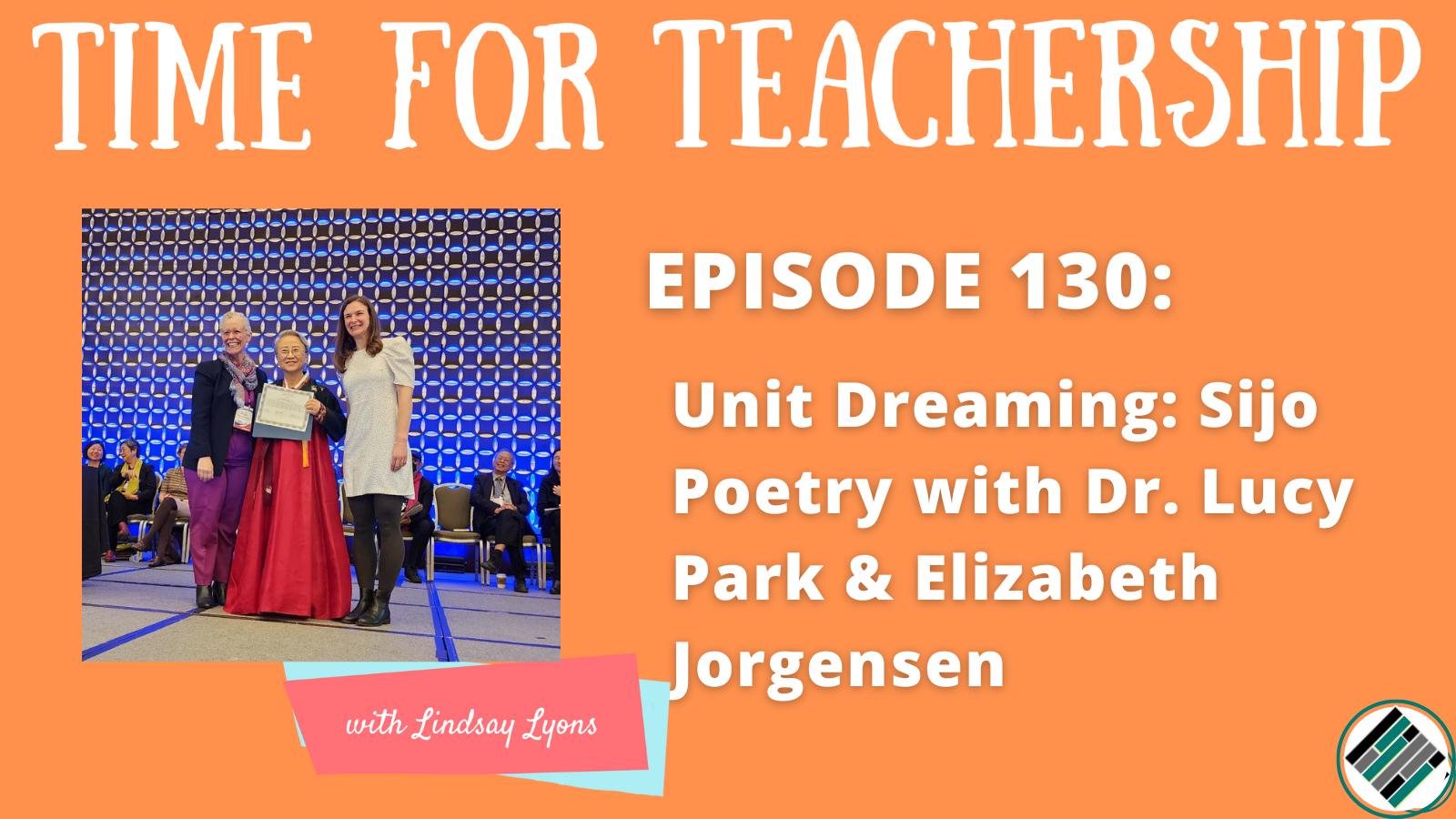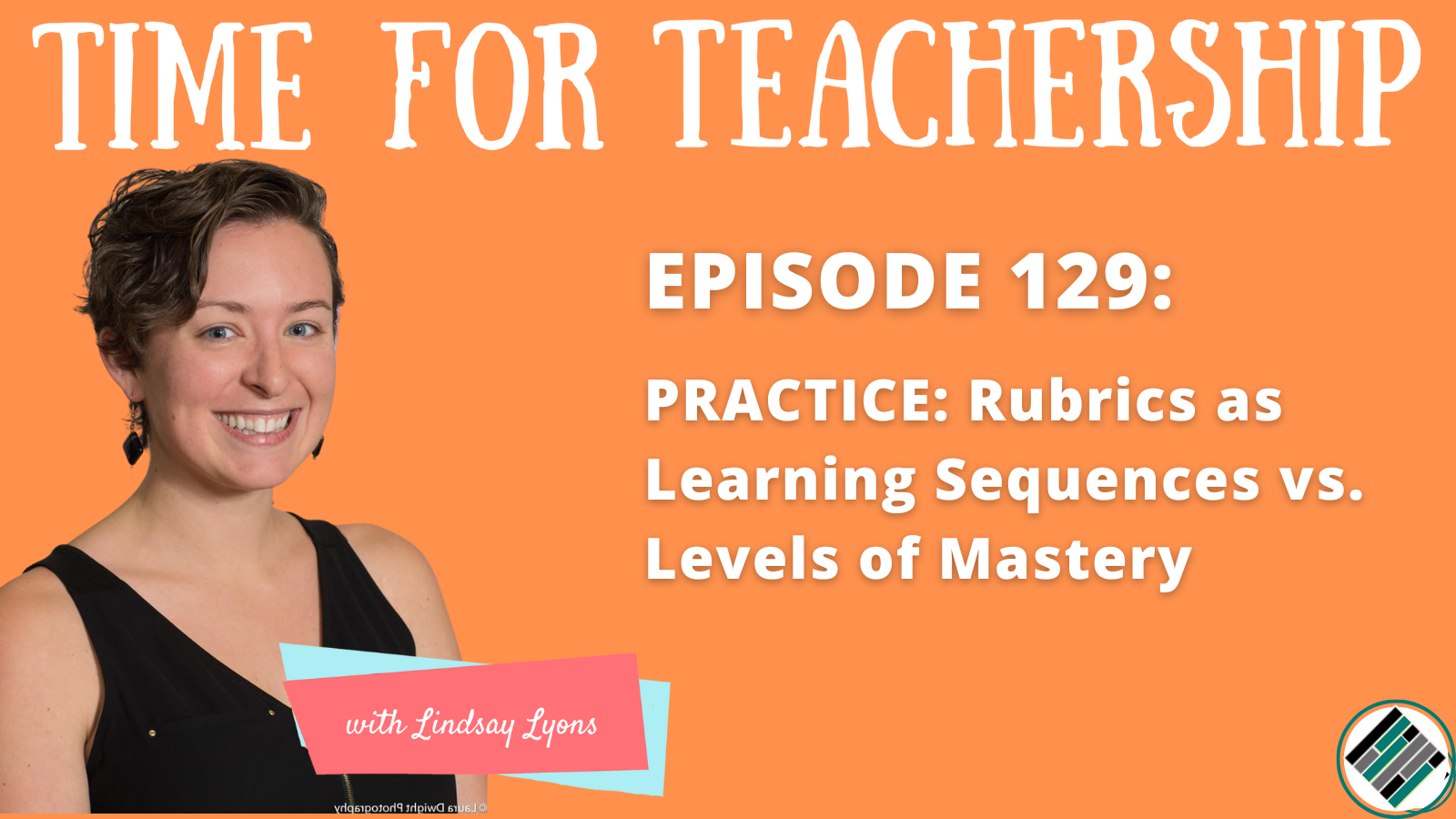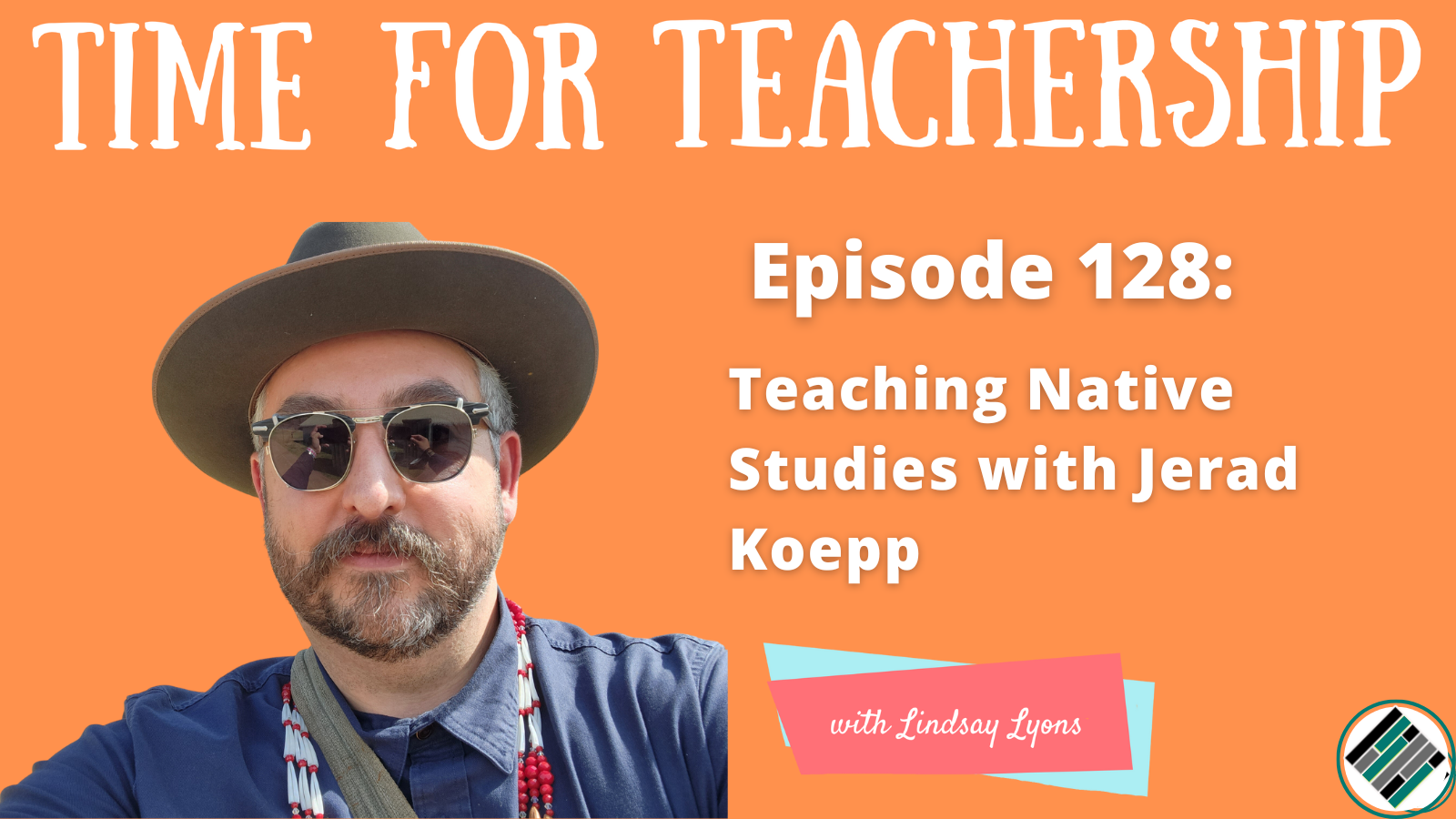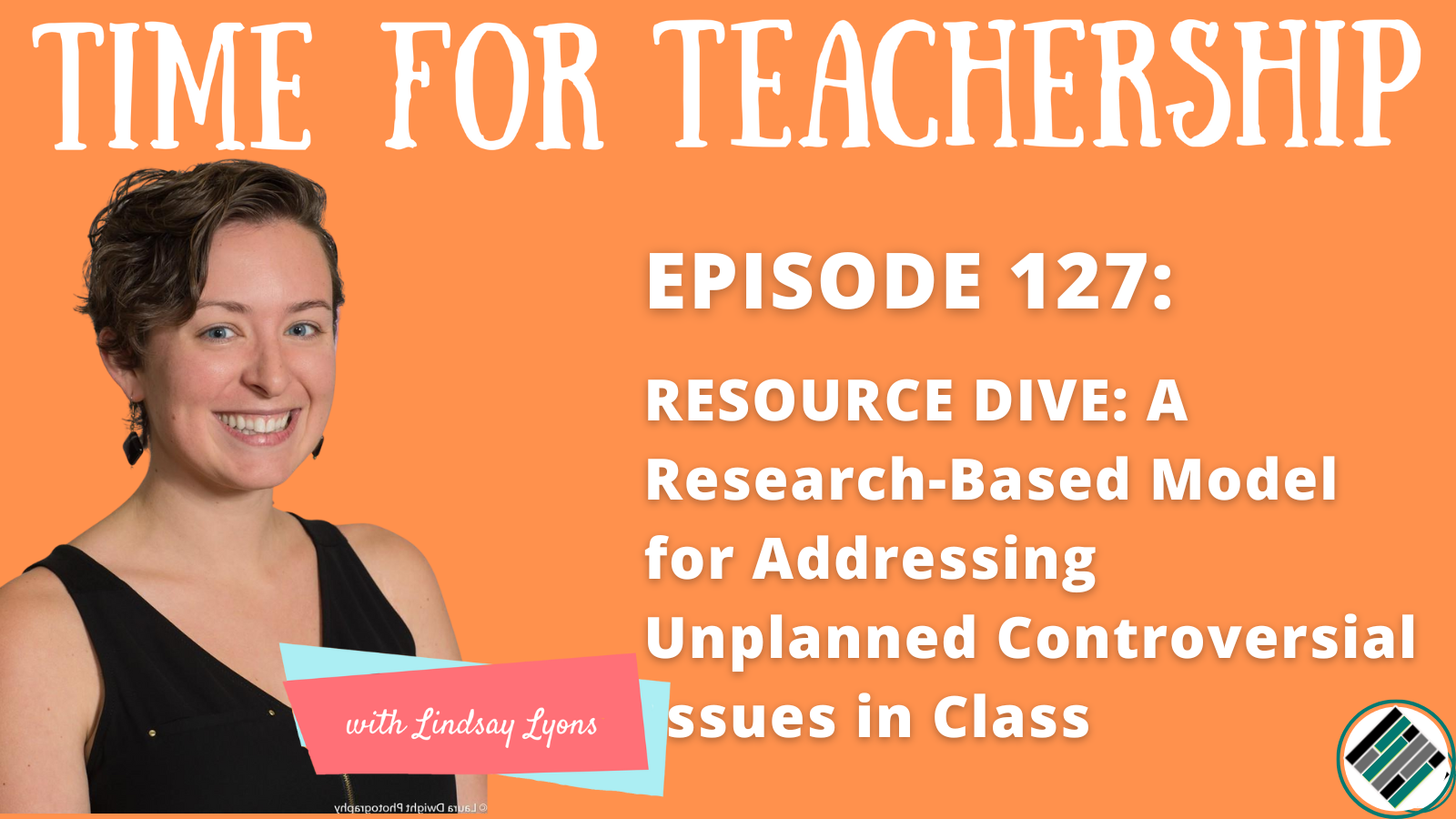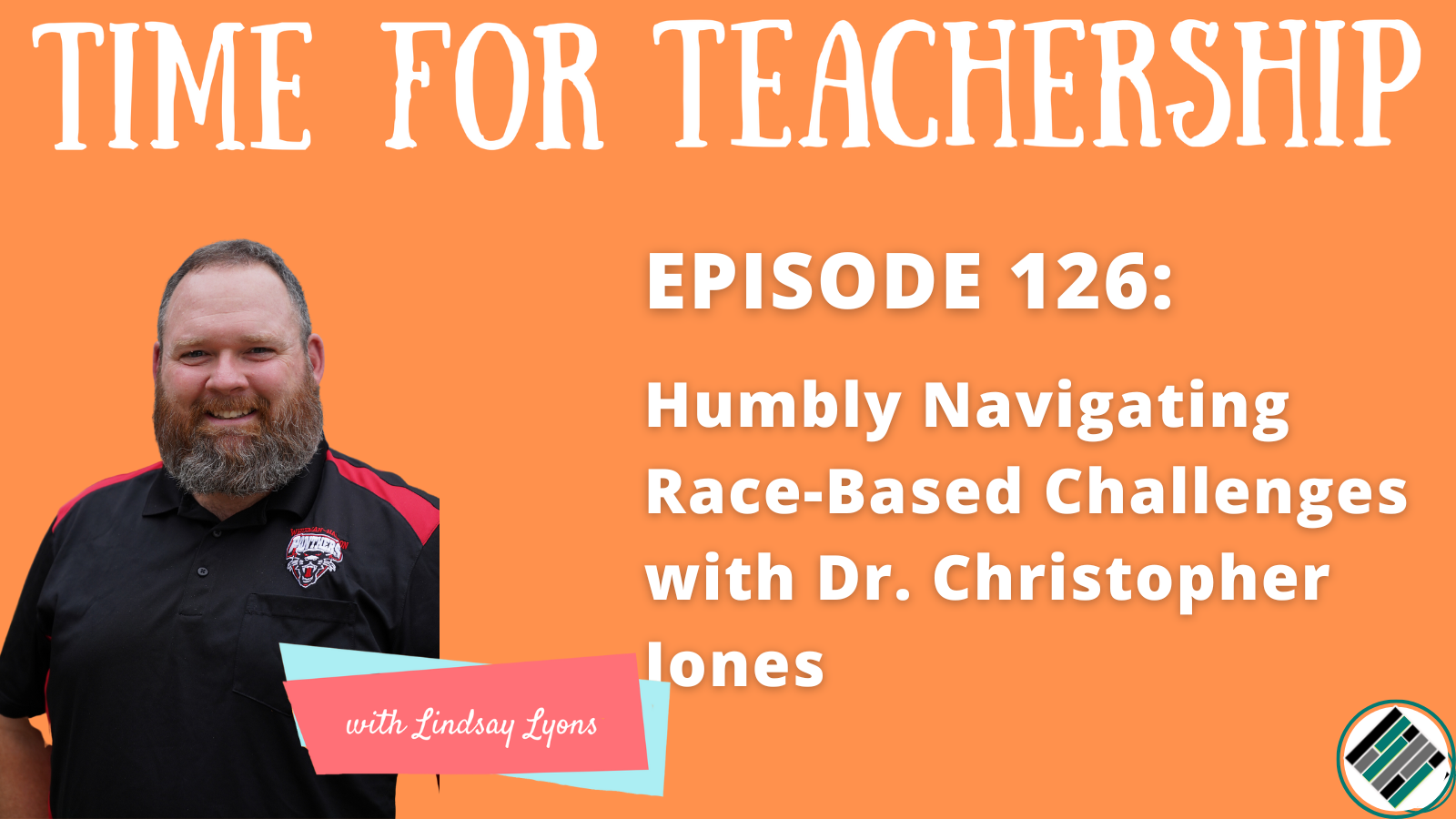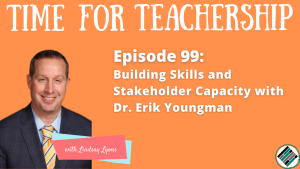
How are we effectively educating students through a lens of equity and inclusion?
And how are we preparing students for a future filled with unpredictability?
These are two of the questions that framed our recent conversation with Dr. Erik Youngman on episode 99 of The Time for Teachership podcast. As an educator, a father, and an author, Dr. Youngman draws from years of diverse experience to pinpoint some of the important goals and directions for educators today.
We covered a lot in this interview, so make sure you have a listen. Here are some of Dr. Youngman’s key insights that educators should take note of.
Preparing Students for an Unknown Future
Dr. Youngman’s big dream for education is to see all students develop important life skills. He names a few of them: kindness, curiosity, collaboration, creativity, critical thinking, and continuous learning.
Why these skills? Two reasons:
- They can be developed at any grade level and through various disciplines in a school setting.
- They provide students with the necessary abilities to face an uncertain world after graduation.
The pandemic showed us that the future is uncertain. Just think about a concept like remote work becoming normalized in a short period of time—no one predicted that. So, are we preparing students to face those changes and challenges that are inevitable to come?
By focusing on skill development like critical thinking and problem-solving—through disciplines of social studies, math, science, and everything in between—students are better equipped for their futures.
Bringing Equity to the Classroom
There are two equity lenses that are important in the classroom. Dr. Youngman discussed equity of learning opportunity and justice and equity-focused curriculum.
The first, equity of learning opportunities, is related to strategic decision-making, grading practices, and curriculum delivery. The key question here is: Are all students equally able to learn, contribute, and have a voice?
Consider the difference between a talkative student who always speaks up in front of class and one who doesn’t—do they both have equal voice? Centering student voice is essential to effective education, so think through how you are providing equal opportunities for all.
The second discussion on equity relates to championing justice and equity in the classroom. Dr. Youngman emphasized the importance of defining and using terms correctly and not simply throwing “equity” around as a buzzword.
Instead, it revolves around the concept of empathetic understanding to create belonging. It’s about ensuring all voices are heard. And it’s about asking the question: who’s story is being told through the content that’s being taught.
Effective Planning and Grading
To grade or not to grade—the much-debated question in any educator’s circle. Grading, in Dr. Youngman’s perspective, is essential to track progress and provide objective standards.
But grading is not about the grades. It’s about the learning.
So, how do you set up your grading system, rubric, or method that promotes learning, encourages, growth through “failure,” and doesn’t penalize students as they grow.
One example Dr. Youngman provided was giving students “zero” on an assignment—what’s the purpose? It skews their grade so dramatically and effectively penalizes them in the trial and learning phase. Instead, think of ways you can give students another chance to promote their learning and engagement with the material, rather than demoralizing them and halting progress.
—
As you can see, we covered a lot on the podcast with Dr. Youngman! Make sure you listen to his full interview to capture all the nuggets of wisdom he provided. You can also follow him on Twitter at @Erik_Youngman, where he’s very active, or check out his website.
Quotes:
- 8:17 “The pandemic has been awful, but one of the things that it did highlight was the importance of relationships. And I think that schools and educators and families were reminded that it’s a critical part, so we’re making more time for that.”
- 22:20 “The better questions we can ask up front, that can guide some of our decisions. We really do want to be future-focused—if we’re talking about preparing students for jobs that aren’t even available right now, we need to think a little bit differently.
- 29:38 “Maximizing the capacity and capabilities is critical. How can we maximize the capacity of our teachers and also of our students? They may have different trajectories, but how can we look at their skills and abilities and continue to help them to grow?”

